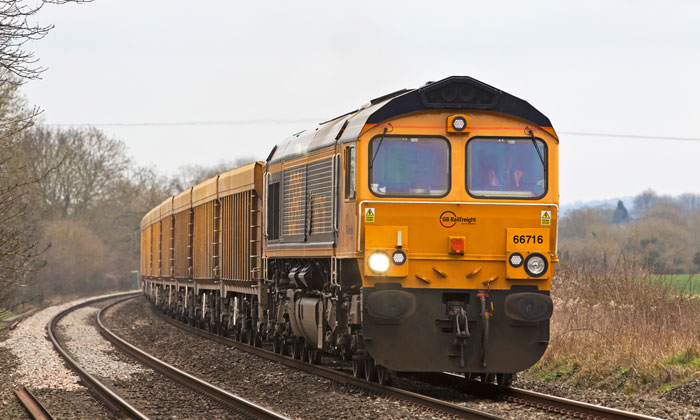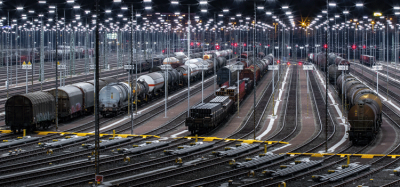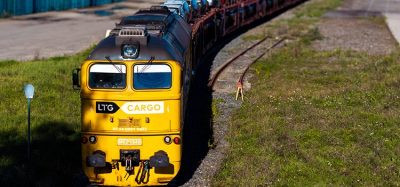Freight support needs to be included in rail investment strategy, believes FTA
Posted: 23 March 2018 | Global Railway Review | No comments yet
Efficient rail freight is vital to keep Britain trading, with a direct impact on more than 7 million people employed in the movement of goods. With new technology and other disruptive forces affecting the industry, targets for freight need to be included in the investment strategy…


The Department for Transport (DfT) has announced that the Rail Network Enhancements Pipeline (RNEP) could be a more sustainable and profitable method of planning and developing the rail network. However, without information on targets for the rail freight sector, businesses will not be fully aware of the potential benefit of using rail, argued the Freight Transport Association (FTA).
FTA welcomed the publication of the RNEP as an opportunity to view the challenges facing rail freight as part of an industry-wide programme of investment. But, Chris MacRae, Head of Rail Freight at FTA illustrated how without clear freight targets, the outlined positive results of the government’s rolling programme of investment will be difficult to quantify.
“The new English and Welsh rail investment strategy’s pipeline approach, which views the challenges facing freight as part of a wider look at the sector as a whole, is welcome news for those moving goods and services across the country’s network,” Chris said. “This should enable freight to be viewed as part of the full picture of rail usage across both nations, giving due priority to the operators whose livelihoods depend on accessibility and efficiency throughout the network.
“However, with funding for rail falling in real terms from UK government, it is imperative that operators are encouraged to pitch for and win contracts from businesses across England and Wales. However, without any targets for freight transport within the plan, there is a danger that rail operators will prioritise passenger traffic over the needs of freight, which could have a knock-on impact for future potential growth.”
The rail sector has a crucial role in the logistics industry, with the sector moving 65 per cent of intercontinental trade between the UK’s southern ports to the north of England. It accounts for the movement of more than 43 million tonnes of goods to and from the UK’s ports. In addition, its ability to move heavy and bulk commodities can assist in removing numbers of HGVs from the country’s roads.
As Chris emphasised, FTA is keen to keep working with DfT to ensure that the interests of the nation’s freight operators remain a priority.
“Rail freight is already operating in challenging, competitive circumstances and the trading environment will undoubtedly become more pressurised as Brexit approaches. The new holistic approach to funding announced in the RNEP programme should provide reassuring economies of scale to maximise the impact of funding, providing that operators can have a clear picture of the targets they are working towards. Without this commitment to freight, the opportunities which rail presents could be lost for English and Welsh business at a time when the economy is already under severe pressure.”








